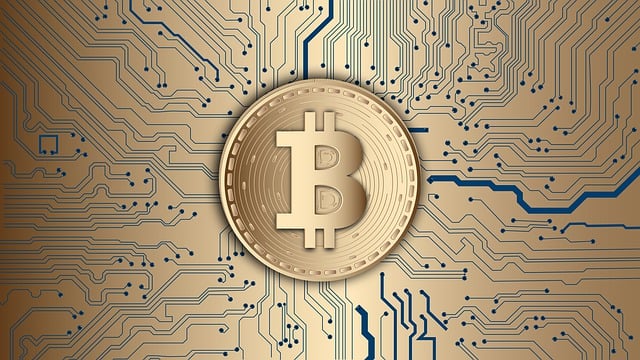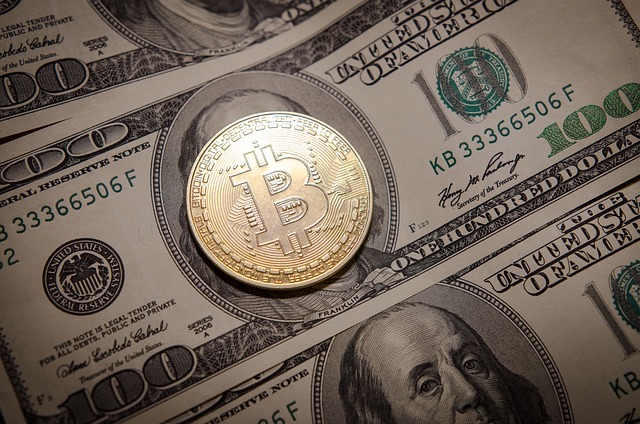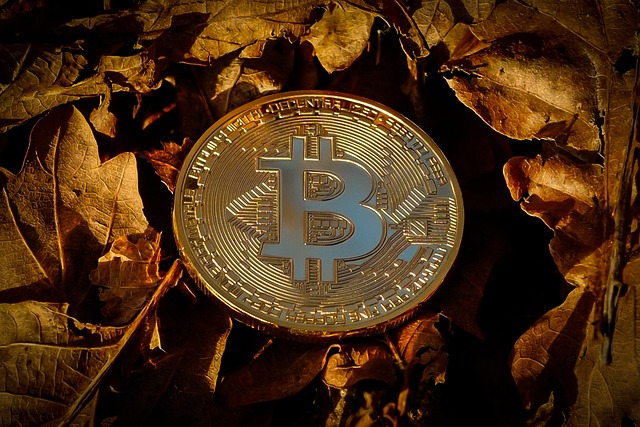Decentralized Finance (DeFi) is reshaping traditional finance by offering intermediary-free services like lending, borrowing, trading, and yield farming using blockchain technology. It democratizes access to credit and global markets, reduces systemic risks, promotes financial inclusion worldwide, breaks down geographical barriers, and provides tailored financial tools accessible via the internet. DeFi's growing ecosystem of decentralized applications (dApps) and increasing liquidity underscore its pivotal role in transforming the global financial landscape into a more robust and equitable structure.
The cryptocurrency market has undergone a profound transformation driven by the rapid rise of Decentralized Finance (DeFi). This innovative sector promises to reshape traditional financial systems, altering investment and lending dynamics on a global scale. This article delves into DeFi’s impact, exploring its transformative effect on market trends. We analyze the correlation between DeFi adoption and volatility, dissect the implications of stablecoins for market stability, and assess DeFi’s potential to democratize access to financial services worldwide, highlighting the key role it plays in the ongoing financial reshaping.
- The Rise of Decentralized Finance (DeFi) and its Impact on the Cryptocurrency Market
- – Exploring DeFi's transformative effect on traditional financial systems
The Rise of Decentralized Finance (DeFi) and its Impact on the Cryptocurrency Market

The rise of Decentralized Finance (DeFi) has significantly reshaped the cryptocurrency market, offering an alternative to traditional financial systems. DeFi leverages blockchain technology to create open and accessible financial services, removing intermediaries like banks. This innovative approach enables users to borrow, lend, trade, and earn interest on their crypto assets, fostering a more democratic and transparent financial landscape.
By eliminating centralized control, DeFi has introduced greater accessibility and efficiency into the market. It allows individuals worldwide to participate in financial activities, providing opportunities for investment and revenue generation without traditional barriers to entry. The impact of DeFi is evident in the growing number of decentralized applications (dApps) and the increasing liquidity within the cryptocurrency ecosystem, further solidifying its role in the ongoing financial reshaping process.
– Exploring DeFi's transformative effect on traditional financial systems

Decentralized finance, or DeFi, is transforming traditional financial systems by offering a new set of tools and services that bypass intermediaries like banks. Leveraging blockchain technology, DeFi platforms provide lending, borrowing, trading, and yield farming among others, with increased accessibility, transparency, and security. This shift is reshaping the financial landscape by democratizing access to credit and financial services, allowing users to participate in global markets, and potentially reducing systemic risks associated with centralized institutions.
DeFi’s role in financial reshaping extends beyond mere innovation; it’s fostering a new era of financial inclusion. By eliminating geographical barriers and requiring only an internet connection, DeFi platforms enable individuals previously excluded from traditional banking systems to access financial tools tailored to their needs. This inclusivity, coupled with the decentralized nature of blockchain technology, promises to create a more equitable and robust global financial infrastructure.
The cryptocurrency market has witnessed a profound transformation driven by the advent of Decentralized Finance (DeFi), highlighting DeFi’s pivotal role in reshaping traditional financial systems. As DeFi continues to evolve, its impact on accessibility, transparency, and efficiency promises to redefine global economic landscapes. By offering alternative lending, borrowing, and investment solutions, DeFi is democratizing finance and fostering a more inclusive marketplace. This trend suggests a future where financial services are no longer confined to centralized institutions, marking a significant shift in the way we interact with money.
